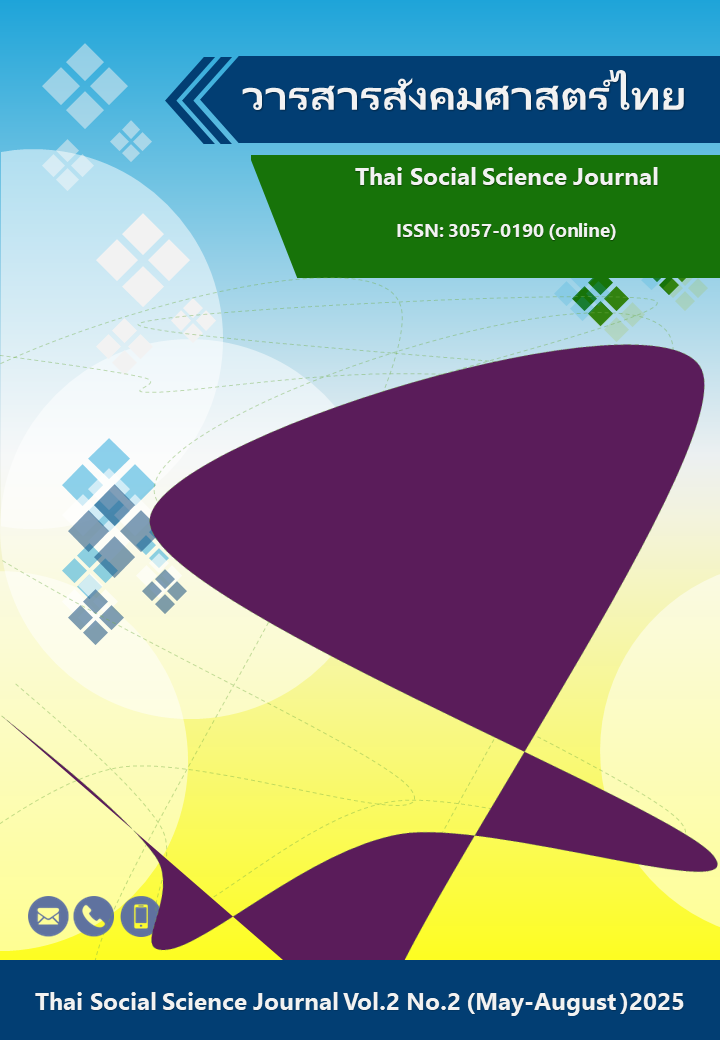Building Collapse, Broken Trust: Public Perspectives on the Failure of Standards Control in Government Projects
Main Article Content
Abstract
This article examines the social and legal implications arising from the collapse of the Office of the Auditor General (OAG) building during its construction—a pivotal event that marked a turning point in the relationship between the state and the public in terms of trust in the bureaucratic system. As the state is expected to serve as a model of safety, engineering standards, and public accountability, this incident is not merely an isolated accident but a structural reflection of the failure of governmental oversight mechanisms within Thailand’s bureaucratic system.The analysis reveals several key issues: first, the public’s expectation that the state should set standards higher than those of the private sector, contrasted with its failure to uphold those very standards in practice; second, the flaws in the oversight system, particularly the lack of separation between regulators and those being regulated, and the absence of independent evaluation mechanisms; third, the widespread expression of public distrust toward the state as seen through social media and public discourse; fourth, the damage to the state’s image and unresolved questions about accountability and responsibility; and fifth, policy recommendations such as the establishment of independent inspection bodies, greater civic participation, and the use of real-time information disclosure technologies. If the state continues to maintain a centralized, opaque oversight structure and resists external scrutiny, the erosion of public trust will evolve into a structural problem for democratic governance in the long term. Reform must therefore aim to create a system that is transparent, accountable, and truly responsive to the people.
Article Details

This work is licensed under a Creative Commons Attribution-NonCommercial-NoDerivatives 4.0 International License.


